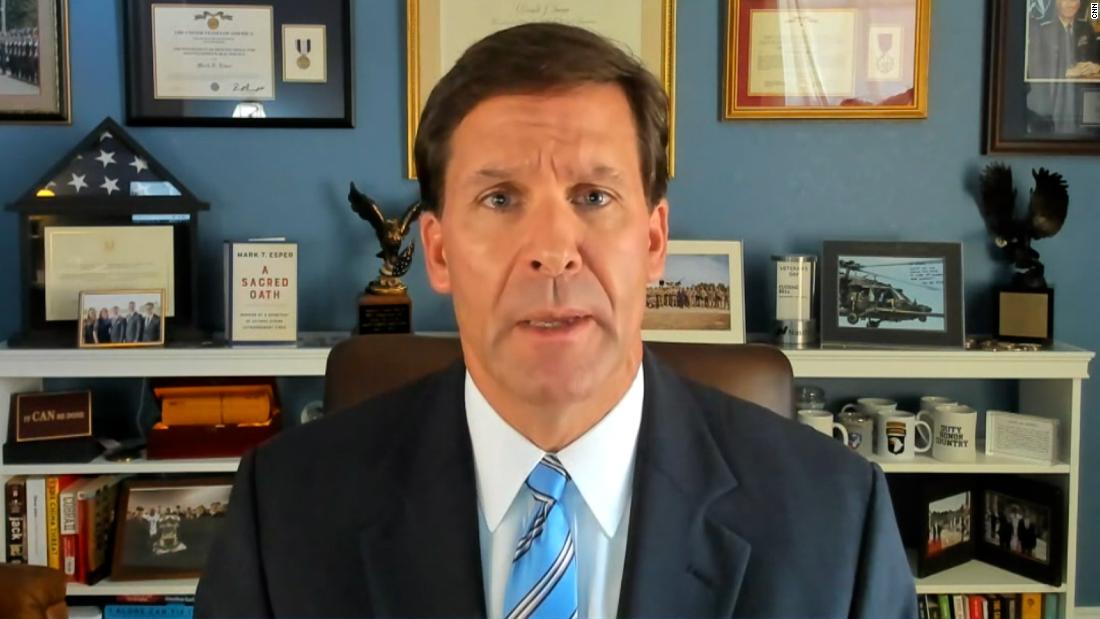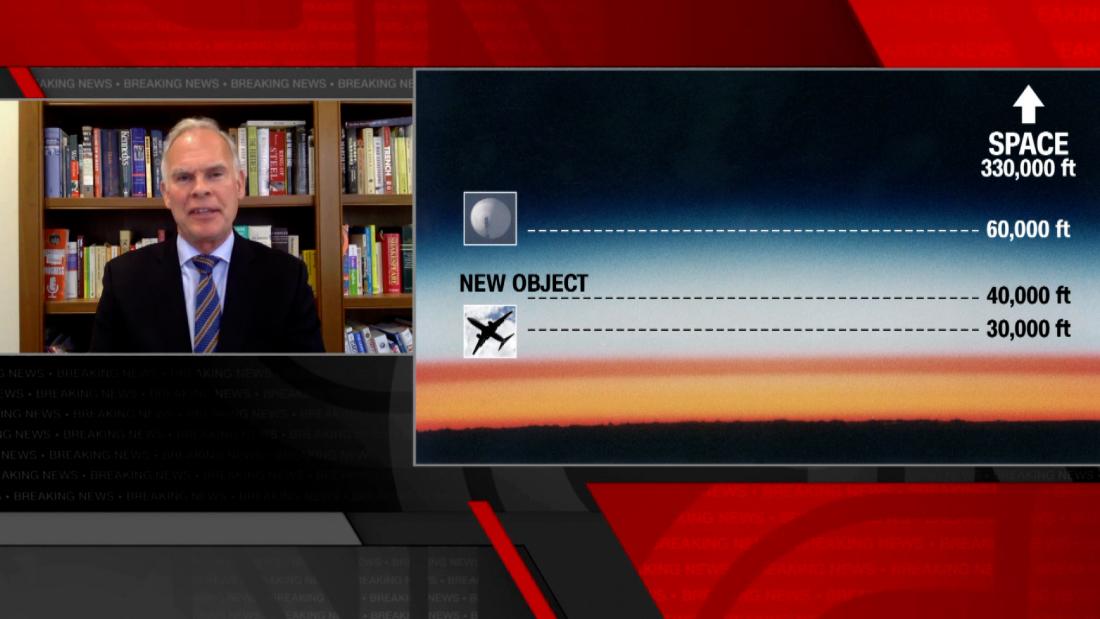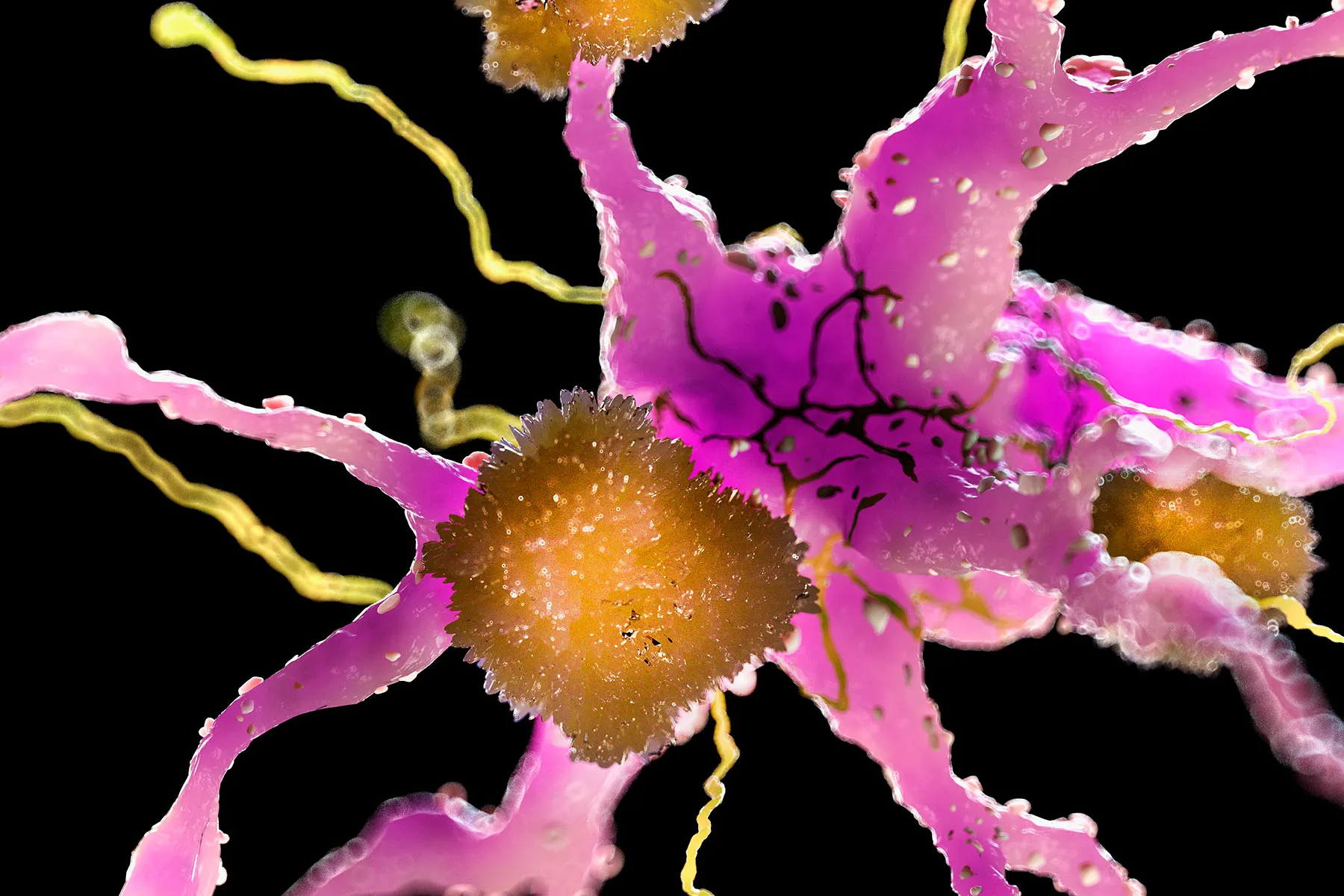Sent to Prison as a Juvenile, He’s Still There 18 Years Later
TCR contributor Jeremy Busby recently met a fellow prisoner serving six life terms for crimes committed when he was 15. There are countless others whose grave offenses as juveniles condemned them to life without parole in adult prisons—but they deserve a second chance, Busby writes.

A couple of months ago, a friend sent me Ian Manuel’s book, My Time Will Come: A Memoir of Crime, Punishment, Hope and Redemption.
Ian’s story captured my attention from the very first sentence.
“My story has been told many times,” he began. “You can read it in police files and court records, case notes and daily logs.”
Born into poverty with a dysfunctional family structure, Ian found himself serving a lengthy prison sentence in an adult prison at the age of 13.
 Ian chronicles how, over the next 30 years, he navigated the numerous cruel shocks and strains of the American justice system. Twenty-five of those years were spent in solitary confinement as he struggled with immaturity in a prison that was designed for adults.
Ian chronicles how, over the next 30 years, he navigated the numerous cruel shocks and strains of the American justice system. Twenty-five of those years were spent in solitary confinement as he struggled with immaturity in a prison that was designed for adults.
During that time, Ian lost every single family member he had, and countless childhood friends.
Several times, while reading Ian’s story, I had to stop and reflect. Despite being incarcerated in a Texas prison for the past two and a half decades, it was startling to me that a prison system in this country could toss away a child like Ian—and expose him to the harsh realities of an adult prison.
It troubled me deeply.
Thankfully, Bryan Stevenson and his legal group, The Equal Justice Initiative, discussed Ian’s story. They reached deep in the bowels of the prison system and fought relentlessly for his release.
After filing multiple litigations on Ian’s behalf, arguing that sending someone like Ian to prison at such a tender age violated the U.S Constitution’s provision against cruel and unusual punishment, the U.S Supreme Court agreed.
I cheered from my prison cell when I read about the decision. I felt that Supreme Court decision was not only a victory for Ian, but a victory for anyone who is concerned with justice in the world.
Although I read Ian’s book in one night, his story stayed with me. I often pondered how many more “Ian’s” were trapped from a young age inside an adult prison system?
A few weeks ago, I was transferred to a super-max prison facility in South Texas. The majority of the prisoners here are serving 50-years-and-up prison sentences.
On the fourth day there, I met another Ian.
His name is Alan Elkafage. He told me his story. At the age of 15, Alan was running with a crew of young men who were all older than him. He participated in a string of robberies and kidnappings that landed them all in an adult prison.
Alan, the youngest of the group, paid the heaviest penalty.
Two of the oldest members of his crew received five-year prison sentences.
Another received a ten-year sentence, and the person closest to Alan’s age—an 18-year-old—received just 14 months in prison.
Alan received six life sentences. He is currently in his 18th year of that prison term.
After speaking with Alan and observing the level of remorse – in addition to his maturity and positive outlook on life – for the horrible decision he made during his youth, I cannot help but classify Alan’s story in the same manner as I’d previously classified Ian’s story.
They both were miscarriages of justice.
We live in a nation that prides itself on second chances. It is the core principle that this country was built upon. We claim to be a society that treats children like children, and adults like adults.
How do stories like Ian’s and Alan’s occur? Where are the checks and balances of our judicial systems? Why are those not congressional safeguards put into place to prevent such injustice?
Finally, where are the other Bryan Stevenson’s who will step up and fight for the Alan’s and Ian’s of the world? Their stories sound like narratives that we hear coming out of places like China and/or Russia. We live in the greatest and advanced nation ever to exist on Earth.
Ian’s story—while inspiring—should never have had to be written. Nor should Alan’s.
Everyone who is dedicated to justice should work towards correcting these wrongs.
In the words of Dr. Marin Luther King Jr., “An injustice anywhere, in an injustice everywhere.”

Jeremy Busby
Jeremy Busby is a political journalist and social activist, who is currently imprisoned in the custody of the Texas Department of Criminal Justice. While incarcerated, he has earned a graduate degree from the University of Houston. To read his most recent column in The Crime Report, please click here. You can send him an email @jpay.com busby#881193 or follow him on IG @joinjeremy4justice or Twitter @joinjeremy2020.

 Landwebs
Landwebs 





















